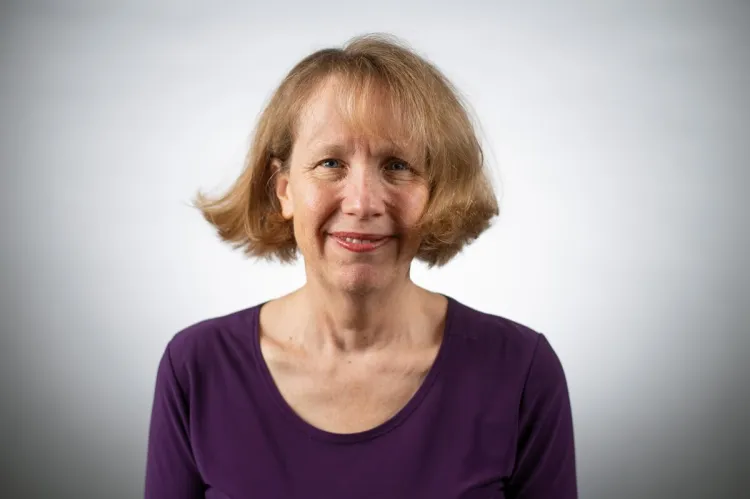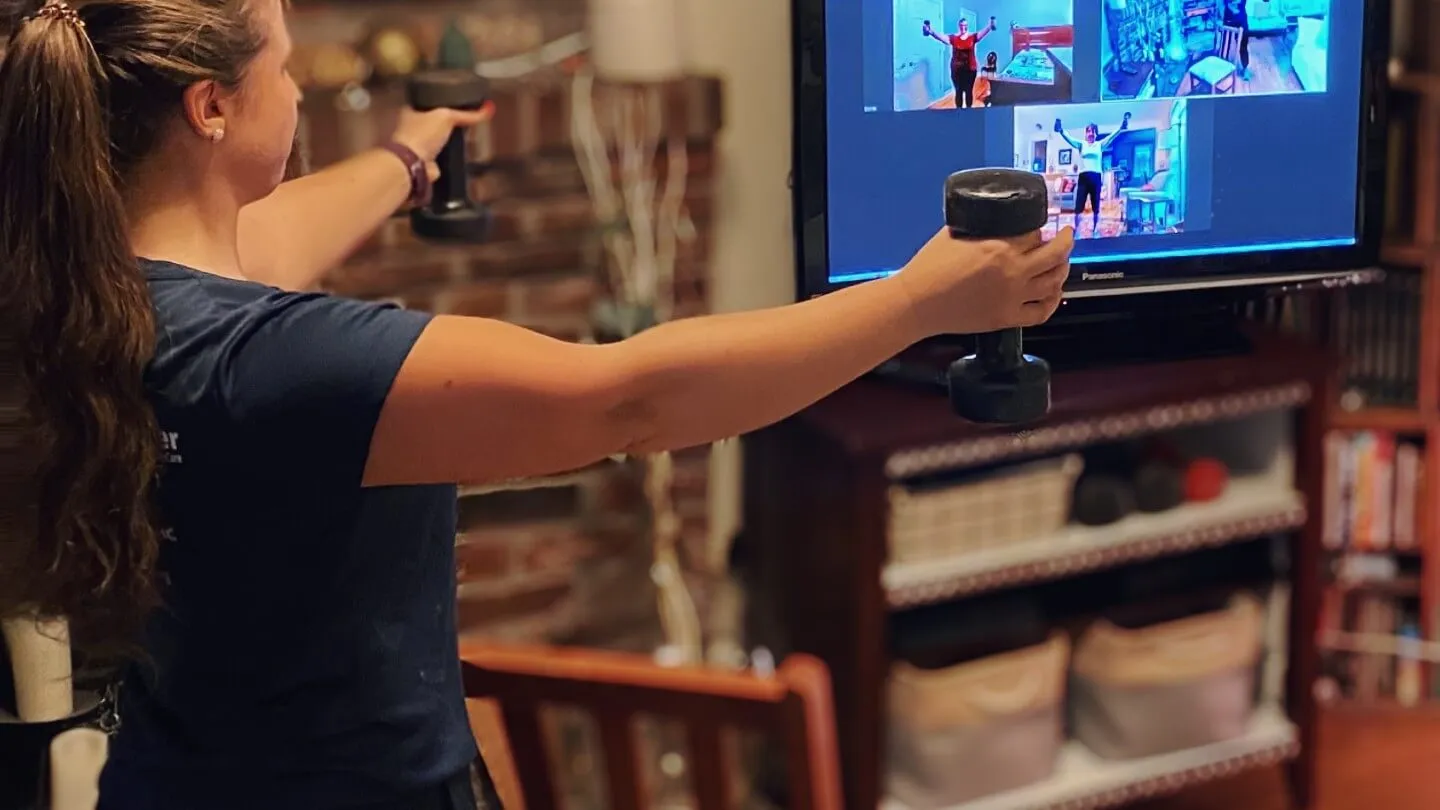Nancy Gell, associate professor in the Department of Rehabilitation and Movement Science at the University of Vermont, has received a $499,989 grant from the Centers for Disease Control and Prevention (CDC) to pilot a tele-exercise program for World Trade Center responders, a population experiencing higher rates of an aggressive form of prostate cancer.
The two-year project, running from July 1, 2025, to June 30, 2027, will evaluate the impact of responders’ participation in a remotely delivered, group-based exercise program focused on aerobic capacity, strength, and balance, which are key components in mitigating the effects of cancer and aging. The interdisciplinary team includes Elise Tarbi, Ph.D., APRN, from UVM’s Department of Nursing, and Emanuela Taioli, M.D., Ph.D., and Stephanie Tuminello, Ph.D., from the Mount Sinai Health System.
The research collaboration emerged from a conversation between Gell and Taioli, who monitors cancer risk among World Trade Center responders and others in the affected geographic area. Gell learned that the responders face elevated risks of prostate cancer, which can result in increased vulnerability to falls, frailty, and reduced independence.
“They're experiencing physical decline earlier than expected,” said Gell. “We discussed using exercise to try to slow that down or prevent some of those consequences.”
The pilot study uses Enhance Fitness, a long-standing, evidence-based community exercise program for adults aged 50 and older. Participants engage in three live, one-hour sessions per week, incorporating aerobic, strength, balance, and flexibility exercises. The group classes also foster accountability and social support.

“Enhance Fitness already meets the needs of older adults and addresses fall prevention,” said Gell. “We’ve simply adapted it for this population.”
The project also tackles a key challenge: engaging male participants. Exercise studies often attract more women, so the team is exploring strategies to recruit and retain men in this unique population.
“It’s not necessarily the mode of delivery—it’s just more common for women to volunteer for exercise studies,” Gell explained. “That’s why this pilot is so important. We need to learn how to adapt the program to meet the needs of these responders.”
The pilot will run three 16-week sessions over two years. Participants who complete the program will be connected with other Enhance Fitness providers for continued support.
“Our goal is to help improve mobility, endurance, and overall fitness, and hopefully, quality of life,” said Gell. “This work is meaningful not just for responders, but for all of us. It takes resources to study a unique population like this, but the findings will have broad relevance for aging and exercise.”
The pilot builds on Gell’s previous research evaluating remote exercise programs for older, rural cancer survivors. That study, funded by the UVM Cancer Center and launched in fall 2020, demonstrated that tele-exercise is both feasible and effective in improving physical function and activity levels.
Gell’s research explores how technology can connect individuals with physical activity and exercise opportunities. She also collaborates with the Center on Aging, serving on the Faculty Advisory Board and leading the Vermont Older Adult Research Registry. Recently, she assumed leadership of the UVM Unified Fitness program and is expanding her work in adaptive sports.
